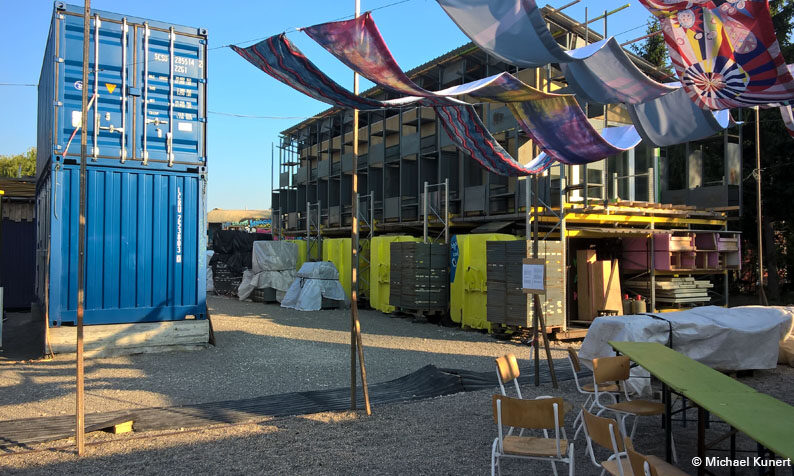
Elective / Seminar
The course is offered in combination with Regional Planning II (IREUS)
Urban Planning II / UPPSUM II
One of the key challenges in urban planning education is connecting the theoretical discourse to the realities of professional practice. This course aims to bridge this gap by anchoring and contextualizing abstract concepts such as “urban sustainability” and “integrative planning tools” in real-life urban development projects.
One such integrativeplanning tool in the German context is the so called International Building Exhibition (IBA). In 2027 the region of Stuttgart will host an IBA focusing on five different themas all related to a more sustainable urban future. The course adopts a critical perspective towards a selection of flagship local development projects, which are representative for the five themes of the IBA 2027 (productive city, future of centres, places for moving and meeting, the legacy of modernism and the Neckar river). These case studies will help students comprehend the complexities of planning issues, reflect on and evaluate the approaches followed in the design and implementation of these projects.
Based on systematic assessment methodologies, the students are required to analyze and critically examine the different aspects of sustainability approaches adopted in the case studies under the five themes. This includes conducting interviews, evaluating the project in terms of strategies, achievements, strengths and weaknesses, environmental, social and economic impacts, etc.
Subsequently, the students will be invited to propose improvement schemes, alternative strategies, or new interventions to the previously assessed projects. The proposal can take the form of physical interventions, policies, urban/architectural design, etc.
The students will be offered a range of analysis and assessment tools and methods to support them in their tasks. Lectures, an excursion and debates will be a substantial part of the course.
First meeting: Wednesday, 13.04.2022
The course is offered in combination with Regional Planning II (IREUS, Prof. Dr. Jörn Birkmann).


